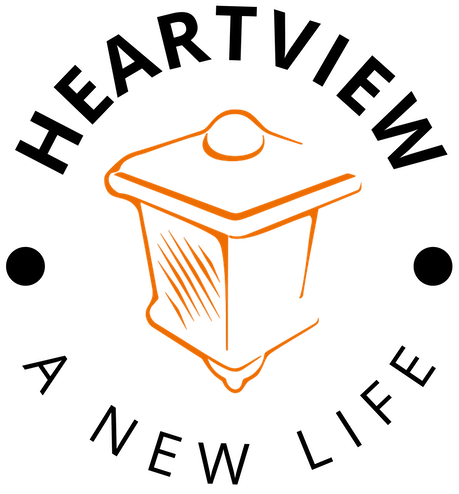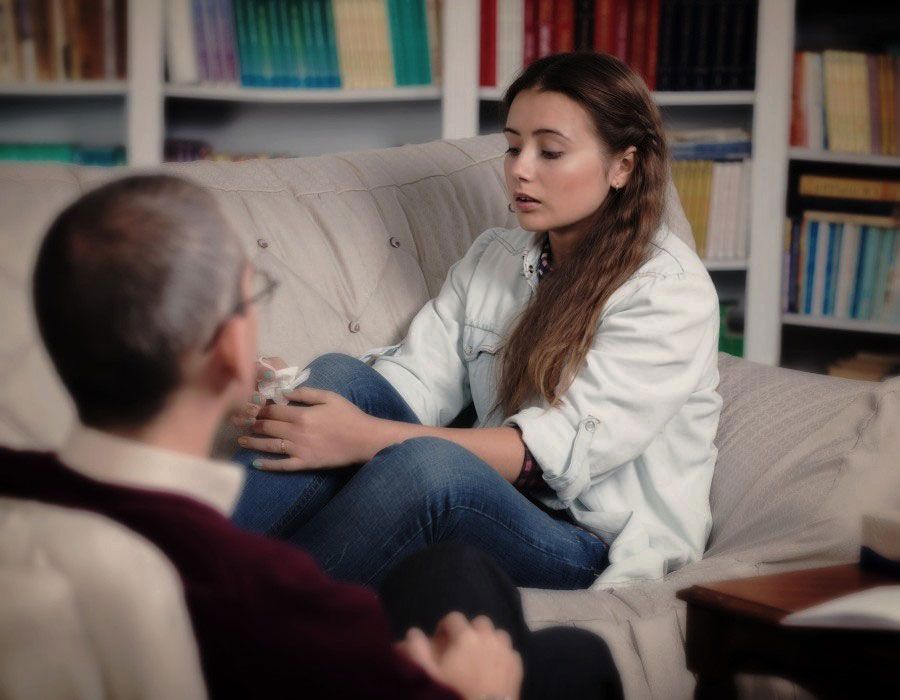
Talking to your kids about drugs and alcohol can feel tricky, but it’s really just about having open, honest conversations that fit their age. The key is to start early, keep it natural, and adapt the discussion as they grow. Here’s a guide to help you talk to your kids about making healthy choices at different stages of life:
Ages 2-6: Laying the Groundwork
With young kids, you're not diving straight into conversations about drugs or alcohol yet. By having natural conversations about being healthy, you are setting the stage for important conversations. You can talk about brushing their teeth, washing their hands, and eating their veggies. These simple health habits introduce the idea that what we put into our bodies matters.
You can also start planting the seed that some things are good for us, and others are not. For example, explain why we don't eat dirt or drink cleaning products. Be very clear that they should never take medications that are not given to them by an adult.
Studies show that kids start to understand the concept of alcohol from age two based on what they see at home, in public or on TV. Explain to them that alcohol is a “grown up drink” that can hurt kids. If they ask why people drink it, you can explain that alcohol can make people feel good for a while, but if they drink too much or too often, it can be really bad for them.
Most importantly, make sure your kids feel comfortable asking questions and sharing their feelings—this builds trust and opens the door for bigger conversations down the road.
Ages 7-10: Getting a Little Deeper
As your child gets older, you can start talking about drugs and alcohol more directly. Kids are curious at this age, and they might have heard things at school or seen something on TV. This is the perfect time to give them the facts.
Explain what drugs and alcohol are, and why they’re harmful. Focus on how these substances can affect their bodies and minds—things like making it harder to think clearly, make good decisions, or stay safe. Keep it conversational: “What have you heard about drugs?” This lets them share without feeling like they’re in trouble, and it shows you're there to talk openly.
You can also talk about peer pressure in a way that indirectly talks about drugs or alcohol. For example, “what would you do if Cassie told you to jump into the deep end and you didn’t feel safe?” By building their confidence in saying no to peers, you can help them avoid future situations with drugs and alcohol.
Ages 11-14: The critical years
Early use of substances (before age 15) is linked to later substance use disorders. Adolescents’ brains are still developing, and drugs can forever change their brain’s natural reward system, so ongoing conversations with kids are important.
During this time period, many kids are introduced to anti-drug campaigns at school. Depending on the program used, some of these may not be evidence-based or effective. Research has shown that scare tactics don’t work- the dangers of alcohol/drugs might sound exaggerated by adults. Continue the conversation at home and answer questions calmly and honestly. Being honest about why people use drugs (they feel good temporarily) makes adults more credible when preteens hear from peers that may be experimenting. But then talk to your child about how dangerous that temporary good feeling can be when it is followed by withdrawal, cravings, changes to the brain, and addiction. Explain that most kids don’t use drugs (90% of ND high schoolers did not use drugs in the last month) or drink alcohol (80% of ND high schoolers did not drink in the last month).
Try to frame the conversation positively- what are healthy ways your child could deal with stress, wanting to fit in, etc.
Ages 13+: Navigating the Teen Years
By the time they’re teenagers, your kids are likely to face real-life situations involving drugs and alcohol. Now’s the time to go deeper and talk about the serious risks, including addiction and how it can affect their future.
Be open about how drugs and alcohol can hurt both their mental and physical health. Since teens are often thinking about their goals—whether it’s school, sports, or hobbies—focus on how substance use could mess with those plans. Help them prepare for peer pressure by giving them tools to confidently say “no” or suggest other things to do. The important thing is to keep these talks going. Check in regularly, listen, and remind them you’re always there for support.
College Age: Reinforcing Healthy Habits
Once your child reaches college or enters the working world, they’ll face even more independence. By this point, they should have a good understanding of the risks of substance use, but that doesn’t mean the conversation should stop.
Talk to them about making smart, responsible choices—whether they choose to drink or not. Discuss setting personal limits, always having a safe ride home, understanding their boundaries, and how to stay safe in social situations. At this age, it’s more about personal responsibility and helping them see the long-term benefits of staying healthy.
Whatever their age, the key is to keep the lines of communication open and honest. By adapting the conversation as your child grows, you’ll help them feel more confident in making healthy choices.


